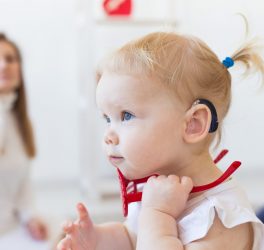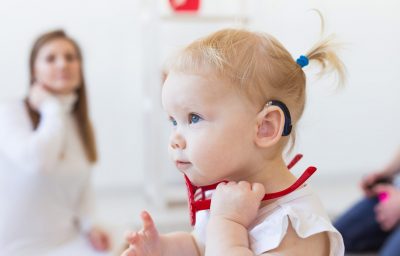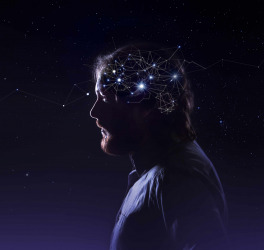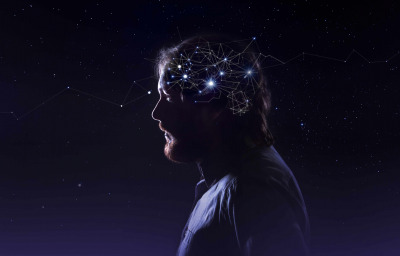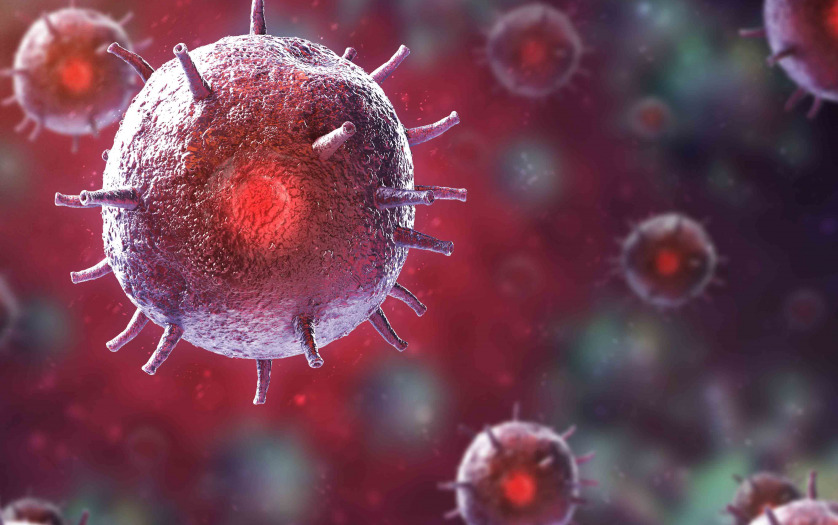
A new database will collect information from clinicians about COVID-19 related neurological symptoms, complications, and outcomes as well as COVID-19 effects on pre-existing neurological conditions.
The COVID-19 Neuro Databank/Biobank (NeuroCOVID), which was created and will be maintained by NYU Langone Health, New York City, will be a resource of clinical information as well as biospecimens from people of all ages who have experienced neurological problems associated with SARS-CoV-2 infection. The database is supported by the National Institutes of Health’s National Institute of Neurological Disorders and Stroke (NINDS).
“We know that COVID-19 can disrupt multiple body systems but the effects of the virus and the body’s response to COVID-19 infection on the brain, spinal cord, nerves and muscle can be particularly devastating, and contribute to persistence of disability even after the virus is cleared,” said Barbara Karp, M.D., program director at NINDS. “There is an urgent need to understand COVID-19-related neurological problems, which not uncommonly include headaches, fatigue, cognitive difficulties, stroke, pain, and sleep disorders as well as some very rare complications of serious infections.”
Healthcare providers and participating clinical sites across the United States are invited to use the web-based data portal to submit de-identified information into the database, along with relevant biospecimens collected during research studies or from previous clinical procedures and tests.
Information to be collected in the database includes neurological symptoms, comorbidities, disease course, complications, sequelae, and outcomes. A Global Unique Identifier (GUID) will be used to recognize data and biospecimens from each individual with no personally identifying information collected or stored in the database.
NeuroCOVID can be accessed by scientists for research studies on preventing, managing, and treating neurological complications associated with COVID-19. The database may provide insight into how COVID-19 affects the nervous system, and how common, or rare, such complications are.
The project is led by Andrea Troxel, Sc.D., professor of population health at NYU Grossman School of Medicine, and Eva Petkova, Ph.D., professor of population health and child and adolescent psychiatry at NYU Grossman School of Medicine. Researchers and clinicians can request access to the database via the NeuroCOVID website.

